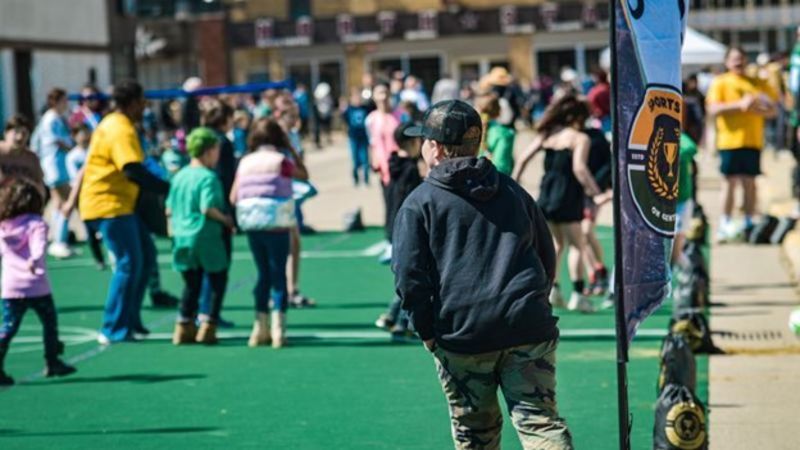
‘We’re here to help’: Memorial sled dog race raises mental health awareness
The Meadow Lake Sled Dog Club will host a memorial race for mental health on Jan. 4 and 5 at Makwa Sahgaihecan First Nation in honour of Jocelyn Weeseekase who took her own life in 2021.
“All of a sudden, she committed,” said Weeseekase’s father, Dion Fineblanket. “She left behind three kids, and she was brought up in a good home.”
For the past eight years, Fineblanket had been a dedicated sled dog racer, a passion he cherished with his family. However, after losing his daughter, he struggled to maintain that spark.
“I gave it up because we’re grieving. I couldn’t carry on because it wasn’t in me anymore,” he said.



